There’s town where faiths and tribes
intermingle, where birth rates are below average, and culture and art flourish
– but it also stands on top of lucrative mining profits. How long can it hold
out?
It is 5 A.M. the roosters have paused,
waiting for the next sliver of light. It is so quiet, one can hear a civet get
an ecection. You open the homestay door, and walk around as the town itself
wakes up around you. And the first thing you hear or see is something one never
does, the equivalent of one hand clapping: the sound of sweeping, and the sight
of men taking their side of the street armed with there is walis tingtings and
whistles.
This is not quite Bhutan, and it certainly
isn’t Baguio either. It resembles what it was – in place of the colonial
planted pines, we see an endless mosaic of primary forest. Every few seconds
our ears are gifted with a chorus of endangered species, proclainimg their
identity in this imploding universe.
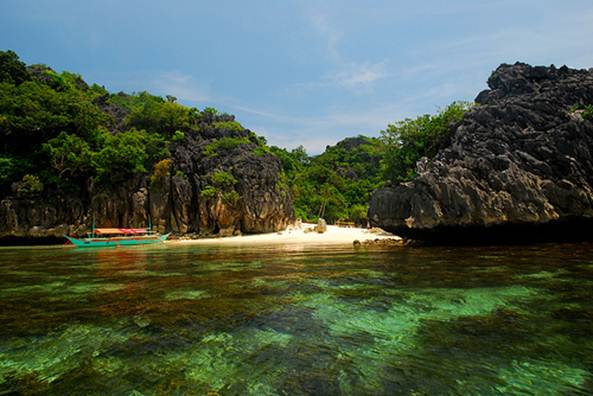
“Naimbag
nga bigat… welcome to Paradise.”
The town is called Adams, Etymology
debated, boundaries untested, future in question. It sits between the Pacific
Ocean and the Cordilleras. Nestled on the fringes of the main island, up a
tortuous road, down a glorious valley, it is testament to a Philippines that
once was and still can be. This tiny hamlet, with vistas and virtues as far as
the senses will fathom, tells is like it is. It hangs between the blandishment
of mining moguls on one end, and the hot air of tree-hugging nazis on the
other. And if both, or either, had their way, this place would lose its soul
for good.
“Naimbag nga bigat…welcome to Paradise.” An
elderly lady had welcomed us the night before, smiling at us our eyes and lungs
took in the air and the panorama after emerging from a clearing of fog and
foliage. I ask one of the early morning strollers: “Where is Lover’s Peak?” He
tips his hat and replies in English: “Follow the road up.”
We set off past where a barangay tanod
idles by his motorcycle, hoping to find something more exciting to do other
than going through the handful of tiny sitios that dot the 13,000 hectares to
ferry home the occasional lost resident with too much bignay (organically made
currant wine) in his system, or a woman to the poblacion’s newest maternity
clinic, one that would put many city hospital suites to shame.
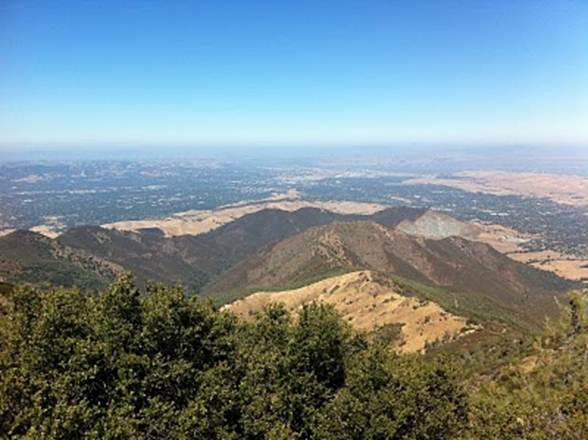
As
the light cascades on the vast, untouched valley below, crowned by a forest
even Tolkien’s elvenfolk would call home
As we now stood past the clearing, we and a
few families who made their way up with us are now looking toward the horizon,
and one can almost feel their gaze at the rising sun as if it was the first, or
last one they’ll ever see. As the light cascades on the vast, untouched valley
below, crowned by a forest even Tolkien’s elvenfolk would call home, and the
fog-kissed saddle behind us, we’re swept up in an un-spoken, shared notion:
Wendell Berry was right to write that whatever man has not yet encountered, he
has not yet destroyed.
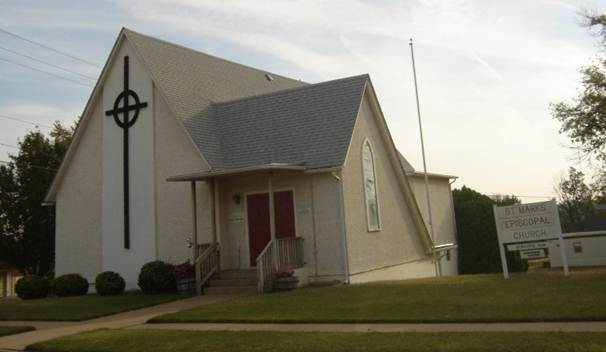
Episcopalian
Church
In the meantime, we descend and find the
town abuzz. It is Sunday, and it is time for church. Or churches, plural. All
within ear-shot of each other. We choose the one with the warmest smiles and
steo inside. It is a modest room, spartan but shorn of commonplace kitsch: no
gaudy, bleeding Jesus, no sanctimonious matron. We figure out it’s
Episcopalian. My fellow parishioner mirthfully points out the financial
statements on the wall (where a gaudy monstrance would usually be) that show
where all the collection plates contents have gone.
After the service, what we see next is
unnervingly refreshing. No idle, empty faces. No unkempt, greasy children
begging. The men, who’ve stopped sweeping now, are joined by their wives in
serving a healthy dose of cacao. Congregations waiting outside to
welcome you, invite you to share a meal.
Adams is a town of about five tribes
harmoniously existing, with just as many faiths to call their own. It’s a
community of barely a thousand residents, with enviable libraries, an expanding
health center, an average life-span that matches Okinawa’s. And a secret
harshness lurking beneath these gentle faces, like the feral pulses teeming
beneath the forest canopies.
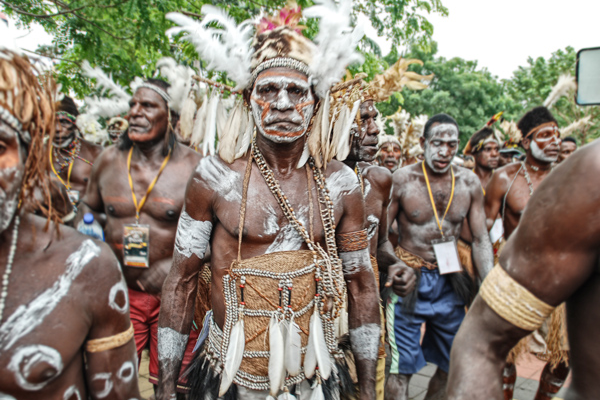
Adams
is a town of about five tribes harmoniously existing
Before coming up the trail, there’s a clue
staring right at you. Staring at you from the the foot of the clearing is the
image of a dead man, a tarp banner as his casket. The man is, or was Elpidio
Sy, your average dodgy government bureaucrat. Until two years ago, Nr.Sy ran an
usury business, and foisted it on seemingly hapless indigenous elders who were
tricked into signing away their birthright. Word has it that he almost
succeeded in amassing over a hundred hectares in forfeits, until one day his
bloody corpse was found corrupting one of the tributaries flowing in to
Pagudpud. That carcass, preserved on the banner with the words “Justice for
Elpidio Sy,” still remains for those who wander into Adams – a macabre tribute
to irony and tribal justice. And just enough to make his ilk think twice before
pulling another shenanigan.
This is the only town in the province that
resoundingly voted against the Marcoses, and yet they couldn’t have cared less
about the Aquinos or Arroyos. They’re the only one up north that has needed no
help from pedantic NGOs, or mass campaigns to spurn the advances of the logging
and mining firms. Twice, in public consultations, they stuck it to them with
their cash and promises. They showed up to the gatherings, politely said
thanks, but no thanks, and voted with their feet. One of the community elders
simply said, they didn’t want to lose who they were. They had what they had:
their wine and weaving industry, the patronage of quietly loyal visitors,
honorary subjects of Adams as it were – and that was more than enough.
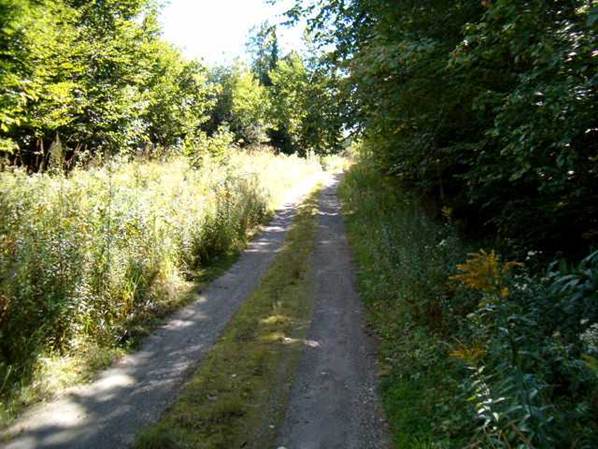
Before
coming up the trail, there’s a clue staring right at you. Staring at you from
the the foot of the clearing is the image of a dead man, a tarp banner as his
casket.
It’s a town with one of the smallest
populations, and by no accident either. There are 1,523 souls living in four sitios,
give or take a few migrants – a constant level since the last few decades.
Residents enjoy a sustainable birth-rate, an astounding longevity, the highest
student-teacher, book-to-resident, resident-to-area ratio in the country. Which
is not surprising because it is the only town in the region and among the
handful in the country where the local government has quietly and confidently
instilled a bona fide family planning program.
And to this day, the average family size
(including parents) stays at four, just enough to sustain the next generation.
It is a reality that resembles more of the communities in Chile or Czech
Republic, with their progressive balance of faith and seculurism, and with more
heart-rending scenery to boot.
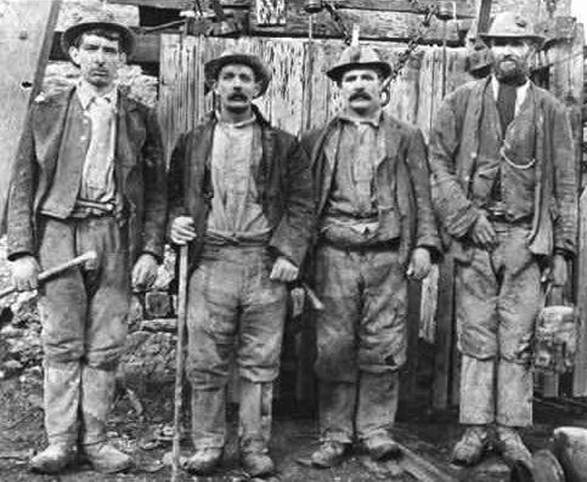
The
miners and loggers and the rest of the riffraff are coming back to roots
Their independence flows into their culture
and art. We are enjoying a night under the effusive moon, and we witness a
display as rare as it is beautiful. Here are the indigenous folk-the Imalnods,
Bagobos, Insnegs, Yapayaos, Kankana-eys-otherwise at odds everywhere else, now
dancing togerther, both old and young. The dance is getting more frenetic,
visceral, fusing colors, chants, and frenetic steps into a reworking of the
cosmos.
But time is running out for epophanies and
idylls. The miners and loggers and the rest of the riffraff are coming back to
roots. The mayor mow has a trumped up “administrative” charge foisted on him by
the powerful and salivating provincial board. A conspiracy to implicate him to
the Sy murder is on its way. The neighboring local governments are now
encroaching on its boundaries and claim the forest and the minerals they keep
under their roots. And somewhere in a cozy, gaudy, lifeless room, the mining
giants are patiently licking their chops, champing at the bit for when these
plans fall into place.
Only the irony is this. That it isn’t the
foreign invaders the native are resisting; bohemian backackers have joined the
cause. Having slipped in and out of their new Shangri-Laover the years, they
know there’s not much time left before the lowlanders start to covet. These
fellow countrymen have little left to ravage in their own backyards. They’re
now itching to spread their avarice, offspring, and excrements on this last
remaining oasis that God would call home. The last few governments have stood
by. The new administration hasn’t figured out what to do with the miners and
their minions.
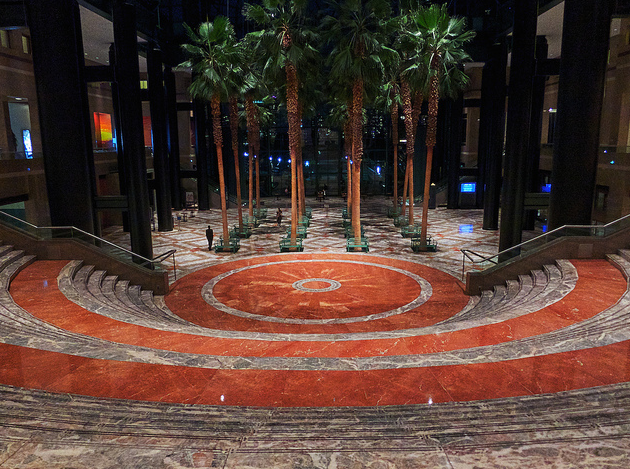
Oases
surrounded by scorched earth commercialization, kitsch and reckless breeding.
This is a tiny sliver of who we are and can still be.
“Once we get the cell sites and Wi-Fi
installed in the town beginning in the libraries – we’ll let our community tell
the President directly what’s going on here and what he should do,” a
local offcial beams, underterred by the odds. Either way, an invitation is
forthcoming, and we will soon find out if the man in yellow will see green or
red, or cry uncle.
And maybe there might be something to hod
out hope for, before this place starts resembling its defaced Cordilleran
neighbors. In your mind, try to conjure up the Baguio of your childhood. And
then open your eyes and clear your nostrils and smell the crap it’s become.
This place, fictional as it may sound or
appear, could stand for any other in this God-given, Pinoy-forsaken
country of ours. There are, indeed, a handful still like it: the last alcoves
of the soul. Oases surrounded by scorched earth commercialization, kitsch and
reckless breeding.
This is a tiny sliver of who we are and can
still be.